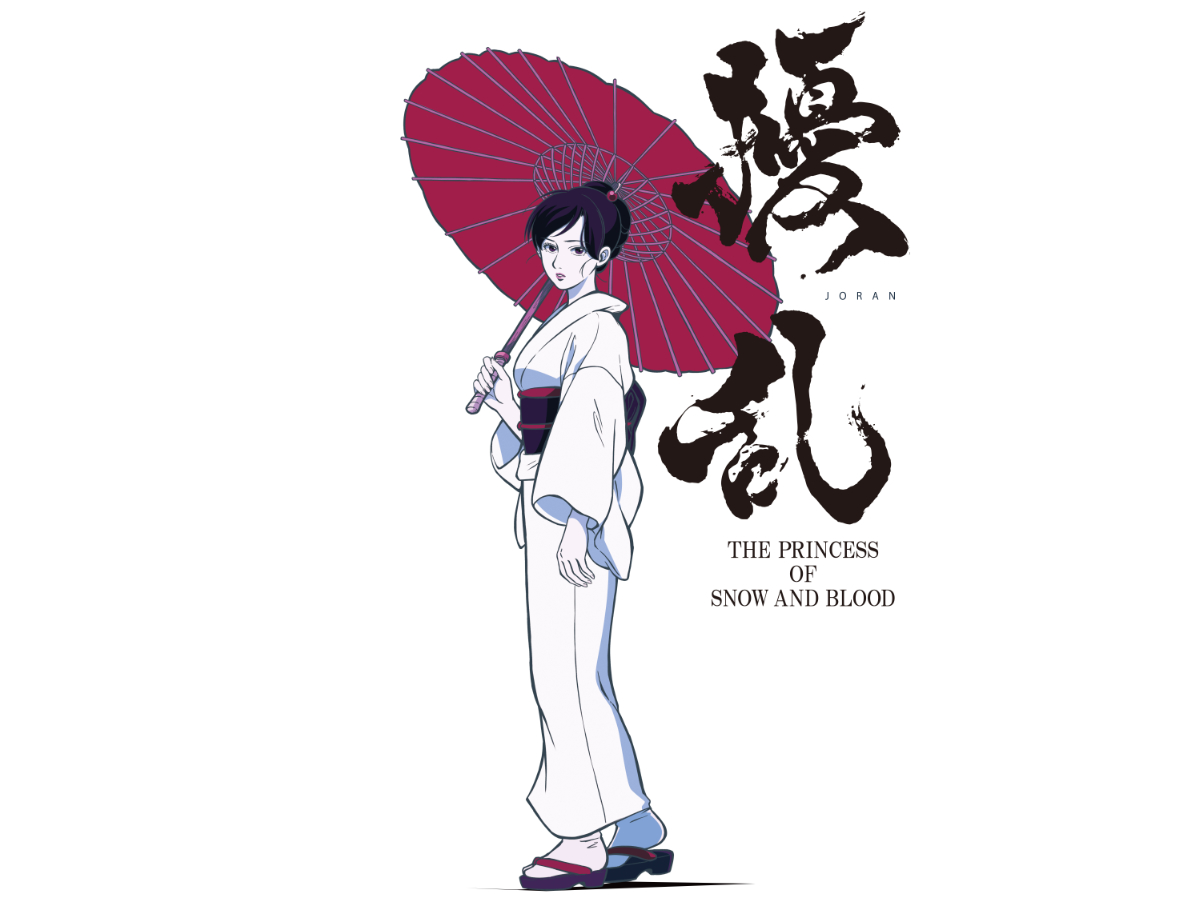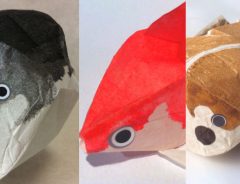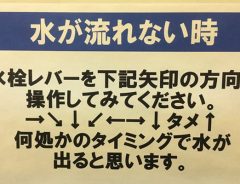
Source: PR Times
Joran: The Princess of Snow and Blood mixes fantasy and history for an alternative Meiji era Japan
- Tags:
- Anime / Japan / Joran: The Princess of Snow and Blood
Related Article
-

Japanese Artist Charms With Animal Motif Traditional Paper Balloons
-

Coconut Sable releases ‘nostalgic but new’ retro cookies to take us back in time
-

Melon Bread Ice Cream Is A Dream Come True For Japanese Convenience Stores
-

Doai: Japan’s Deepest Train Station
-

Japanese Toilet Requests Users To Perform A Crazy Game Combo To Flush Toilet
-

Creepy Evolving Japanese Baseball Mascot Hunted Down And Stripped By Other Mascots At All-Star Game


If Tokugawa Yoshinobu had not stepped down, and the ruling power had not been restored to the Emperor in 1868, the Japan we see today would have been quite different.
It’s from that important moment in time that Japan underwent a great period of revolution, and ultimately became known as one of the greatest economic powerhouses of the 19th and 20th centuries. Though we can’t really be sure what would have happened if the imperial restoration had not occurred back then, some may argue, that Japan would have remained an isolationist, feudal country for quite some time, before eventually developing into something that barely resembles the country we see today.
There are of course alternative theories for how history may have played out, and although featuring various fantasy elements, the all new anime produced by Bushiroad; Joran: The Princess of Snow and Blood offers an interesting take on that alternative reality.
Joran: The Princess of Snow and Blood mixes together fantasy ideas and historical ‘what-if’s’ in an all new action packed anime set in 1931 in an alternate historical Japan, where Tokugawa Yoshinobu continued to reign over Japan with control of the government and imperial families.
A unique source of energy known as the ‘Dragon Vein’, has allowed the country to develop technologically without the need to open their borders. With the introduction of the ‘Dragon Vein’, the anime is able to create an alternative universe where Edo era culture and modern science coexist. However, even in such a seemingly ‘perfect’ world, a rebellious group known as the ‘Kuchinawa’ aims to overthrow the Tokugawa Shogunate. In order to fight against the attacks of the ‘Kuchinawa’ group, the Tokugawa Shogunate set up a secret police organisation called ‘Nue’.
The fantasy element appears in the form of the main character, Sawa Yukimura, who works for Nue as a trained assassin. Yukimura is in fact not a regular human, but instead a ‘blue-blooded changeling’ who has the ability to transform into a white crow. This rare blue blood ability is limited to members of the Karasumori clan, whom the antagonist of the show believed he had exterminated before the plot of the anime begins.
The show follows Yukimura as she determines to exact revenge against the murder of her family, whilst defending herself against a set up from a traitor within the Nue organisation.
Though there is little in resemblance, Joran: The Princess of Snow and Blood takes its name and is roughly inspired by the 1972 manga series; Lady Snowblood – a story centering around a female assassin who seeks to avenge the rape of her mother and the murders of her brother and father. Though cutting the assault element from the story altogether, there are some subtle hints to the popular 70’s manga (and film) dotted throughout the anime series.
Joran: The Princess of Snow and Blood is produced by entertainment company Bushiroad, and animated by Bakken Record under the direction of Susumu Kudō. The show premiered on Nippon TV on 7 April 2021, with new episodes released each Tuesday. It is also available to watch via streaming sites such as Hulu, Amazon Prime Video, U-Next, d-anime and Google Play amongst others. An English release of the series has been licensed and is being streamed by Crunchyroll for viewers outside of Asia, whilst Aniplus will release the series in South Korea.